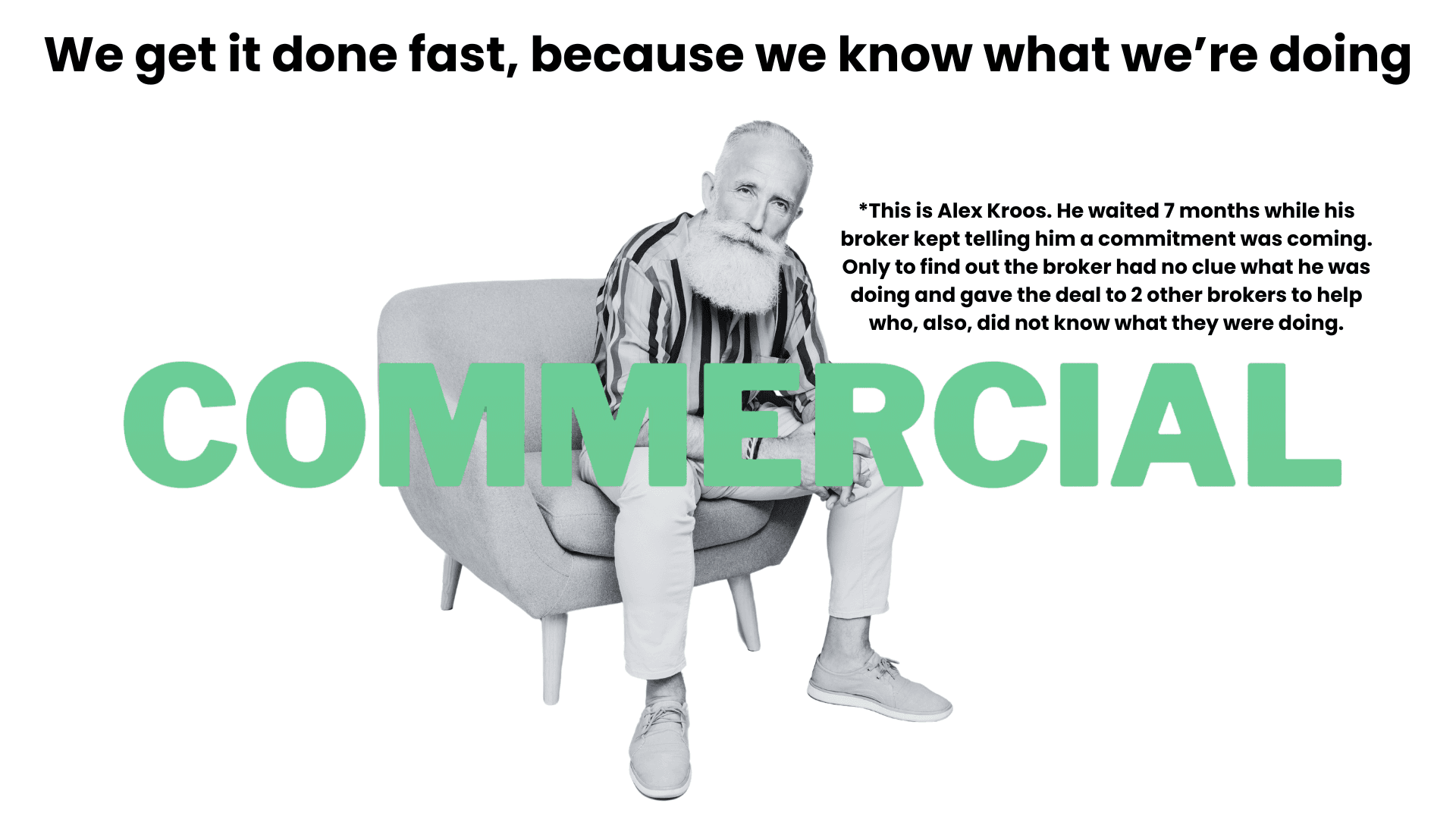
BANK RATES
1-Year Variable
0.00%
3-Year Fixed
0.00%
5-Year Fixed
0.00%
5-Year Variable
0.00%
PRIVATE RATES
1-Year Fixed
0.00%
2-Year Fixed
0.00%
3-Year Fixed

1-Year Variable
3-Year Fixed
5-Year Fixed
5-Year Variable
1-Year Fixed
2-Year Fixed
3-Year Fixed
Before applying for a commercial mortgage, ensure that your financials are in order. This includes having a well-detailed audited or unaudited financial report as well as any details regarding future projections. Net worth statements can also help build a strong case for the use of funds or to justify the purchase.
This is a term that almost all commercial investors and owner-operators have heard of. Your Cap Rate can help lenders understand the property’s potential return on investment. A property with a health Cap Rate indicates good income potential, making it more attractive to lenders.
What type of term suits your needs? Are you considering a short-term bridge loan to expedite your growth initiatives? Or do you prfer a long-term solution that ensures stability for your commercial property? Keep in mind that your strategy significantly impacts the success of your deal.

Mortgage Brokerage licensed in Ontario: FSRA 13588
© 2025 Lendwire Inc. All rights reserved.